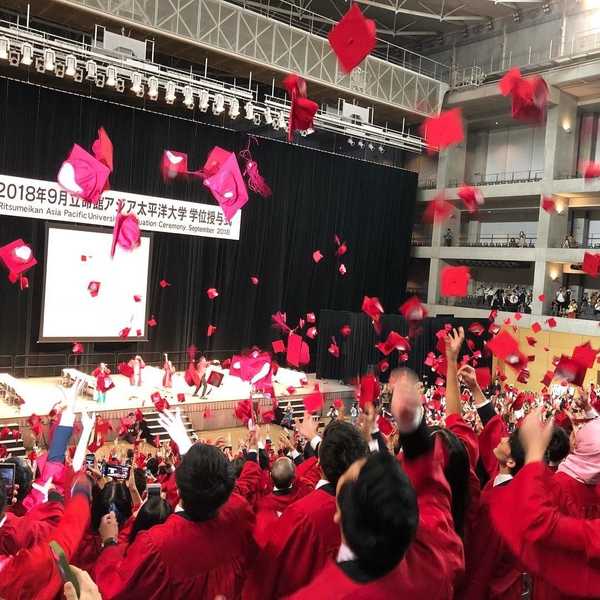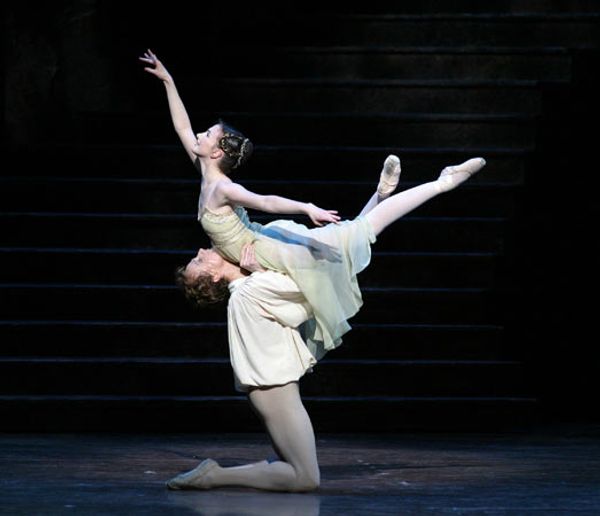Theatre has been around since ancient times, providing an atmosphere of creativity, passion, and entertainment. Some of the most famous celebrities are members of the musical theatre community, having been in Broadway productions, such as Hugh Jackman, both an amazing Wolverine and Jean Valjean. Others acted in their high school production of The Music Man before making their way to Grammy winning songs. So why is high school and college musical theatre often not given the same attention and respect as the sports receive?
Just as a basketball team puts in hundreds of hours per season practicing to reach perfection in their plays, theatre has its own season, putting in the same amount of time and energy, except they are practicing in the auditorium. Instead of try-outs, auditions take place to come up with the greatest "team" (the cast) possible for the show. Theatre rehearsals are typically three hours long every night of the week for about three months. The rehearsals begin with getting to know your cast members which could be considered your "teammates." The cast and crew become your family, always looking out for each other, and encouraging one another. After bonds are formed, it is countless hours of learning lines, repeating yourself over and over until you can say them exactly right without reading them out of the script. This isn't even counting the time you spend at home running lines as a part of your homework,
Getting into the rehearsal process, the first thing to do is learn your blocking. Blocking is the choreographed movement that the actors on stage move in order to get from one place to another. Think of it as the "plays" of theatre. Sometimes, the blocking just doesn't work, it doesn't look good, or it doesn't convey the right emotion, so it is re-blocked to get the "play" perfect. So now, not only does the actor have to perform a scene with their lines memorized, and their exact movements, but they also must do it using props, not unlike learning how to ice skate, and then doing it with a hockey stick and shooting a puck.
Now, musical theatre obviously involves singing. Actors and actresses must train their voices to be warm and exercised to sing the beautiful songs heard on stage. Many nights are spent at the piano trying to reach notes higher than anyone thought existed, or trying to sing a love song without laughing. Singing takes more than opening your mouth and making sound come out. Singing for musical theatre takes a great amount of breath control, meaning endurance practice is required. Running around a track while singing is a great way to build endurance. Believe it or not, there is a right and wrong way to sing. Breathing from one's diaphragm (around the center of the rib cage ) and not moving your shoulders is the first step to taking the biggest breath of air needed to belt a sixteen count note. The mouth must be open tall to let all of the sound come out and resonate well. Learning to project, sing loud without screaming, slowly comes with this. Again, it's all in the breath support. And this doesn't even include memorizing all the lyrics!
Dancing is one of the most notable pieces of musical theatre, making the dance rehearsals intense, jam packed, and awesome. Spontaneously bursting into song wouldn't be complete without a flashy dance number. Learning the dances to perfection starts with stretching, a warm-up, and learning the steps about two minutes of the song at time. To memorize the dance steps, the dancers will repeat the dance, sometimes just eight counts of the dance, so that they can smooth out any bumps in the choreography. Dancing requires a lot of physical strength and endurance, making the dancers break a sweat every single rehearsal. If the dances involve partners or lifts, practicing physical spacing and trust is essential. Dance lifts need trust in the partners to keep the other up without falling. It takes perfect timing in jump and landing. Lifts look super cool and when done correctly and are an amazing accomplishment. Now, do all of the dance steps, sing the song, don't lose your breath, do it all with a smile, and then go back into the scene with your usual blocking.
So you've made it through three months of packed rehearsals, now comes show night, which is the equivalent of a championship game. It takes at least three people to help do one person's hair, make-up, and costumes to ensure the best possible look on stage. Hair is plastered with hairspray, foundation goes on the face so much that it takes several make-up wipes to remove, costumes need to be worn just right, and let me tell you, microphone tape hurts when you have to take it off. And then there is running around the stage. If your dressing room is on one side of the stage, but you have to be on the other side already changed into a different costume, you likely have a solid 30 seconds to complete that task. As soon as the first scene ends, you run off the stage, in character, run to the dressing room, or if there is no time, you change backstage, where a group of about three people wait to help you get out of one costume and into another, and then you run as quickly, discreetly, and gracefully as possible to the other side of the stage so that you can flawlessly re-enter and give a stellar performance. I once ran off the stage to go change, tripped and fell on top of a guitar, the strings severely bruised my shins, skidded across the backstage floor and got back up, ran to change my clothes, and got back out on stage without any wardrobe malfunctions ready to dance and sing to one of the most iconic songs of the show. If they gave out gold medals for theatre fails, I would be in first place.
At the end of the show's run, there are no winners and losers. There is no elaborate awards ceremony, awarding participants with medals or trips to Disney World. The actors on stage take final bows at the curtain call, looking out into the audience, hoping for a standing ovation, one of the only signs that the audience enjoyed the performance. Just like athletes feed off of the energy of the crowd, the actors feed off of the reactions of the audience. When the curtains finally come to a close, the game is over, the team heads back to the locker rooms, get cleaned up, and then greet the doting fans in the lobby of the theatre. In lieu of trophies, flowers, chocolates, and supportive hugs are the acknowledgment of accomplishment and hard work. Rather than a final team dinner, the cast party is the celebration among cast and crew to celebrate the outstanding performance, and recount memories from the season.



















